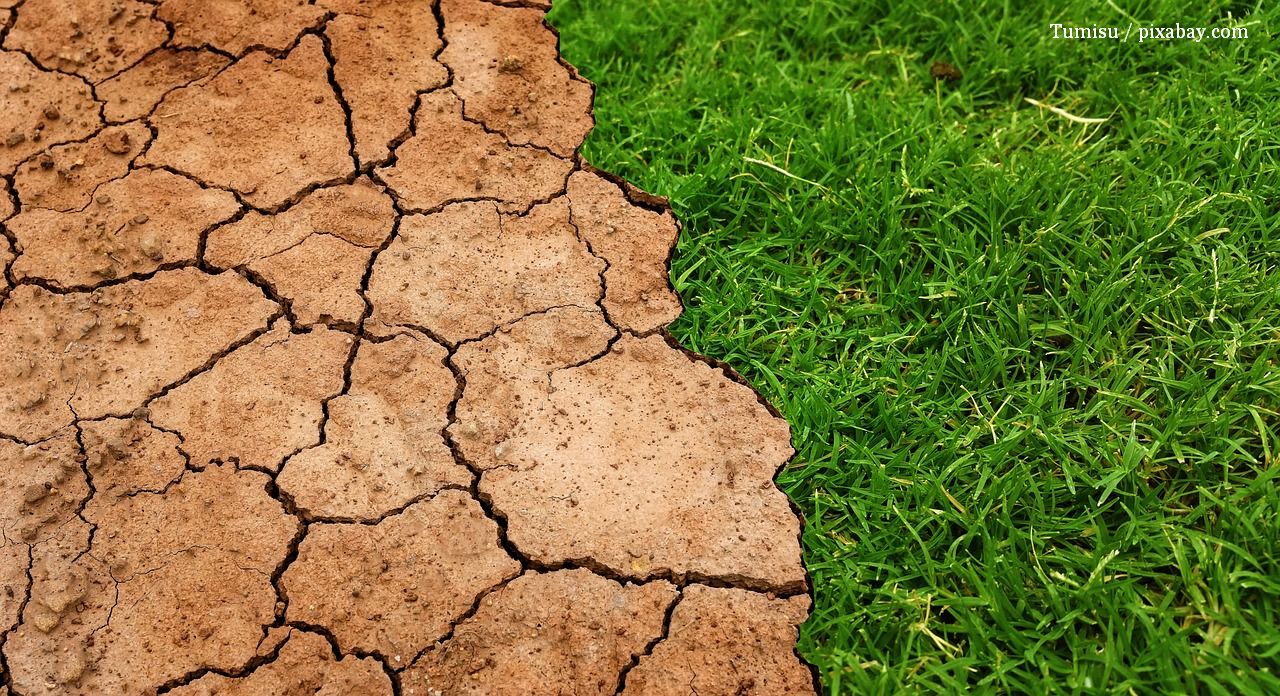More money for Romania?
Romania is to receive 27 billion euros in cohesion funds

Corina Cristea, 17.08.2018, 12:00
The European Commission plans to streamline the cohesion policy, the EUs main investment policy for the 2021 – 2027 financial framework. Cohesion funds for Italy and other member states in southern Europe, affected by the economic crisis and the wave of migrants, will be increased by 6%, whereas other states are going to see their funds trimmed. Romania is to receive 27 billion euros in cohesion funds, by 8% (or 2 billion euros ) more than under the 2014 – 2020 financial framework. This is a significant amount of money, accounting for 15% of Romanias GDP in 2017.
Here is the European Commissioner for Regional Policy, Corina Cretu with more details: “For the first time in the history of the European Union, the cohesion policy has become the most important policy and the main source of investment in Europe. This is the best proof of solidarity and is aimed at reducing economic, social and territorial disparities in Europe. I believe that in the present context, when we deal with the sad reality of the EUs second largest contributor preparing to leave the bloc, we have managed to come up with a cohesion policy for all regions, which leaves no one behind, we have made it more accessible, easier to adjust to the new priorities and we have increased the protection of EU citizens.
During the 2007-2013 financial framework Romania lost 1.6 billion euros because it was unable to spend the money from the structural funds. Under the current financial framework, Romania was allotted 25 billion euros worth of structural and cohesion funds. Four years on, however, Romania has only absorbed 2.7 billion euros from the EU, that is only 10% of the funds available. Under these circumstances, will Bucharest be able to attract more funds?
Corina Cretu explains: “In the new allocation period, after 2020, we will support more the local, urban and territorial authorities, and get them more involved in handling the European funds, because I believe that regions and cities know more than we do, in Brussels, what they should be investing in and which are their priorities. We rely on an overall budget of 374 billion Euros for all 27-member states. Of the 374 billion, 75% will still be earmarked for the regions that need investment the most, so for the less developed regions. Romania, alongside Bulgaria and Greece, is among the EU states getting most funds from the EU, by 8% more as compared to the previous period. It is important to use the money on concrete projects that should improve peoples lives. And I believe we should start drawing up projects well in advance, in order to use this opportunity.
The budget for the 2021-2027 financial framework, the first one drafted after the UK leaves the European Union, will go up to 1,100 billion Euros, from 1,000 billion euros under the current seven-year financial framework. The Commission plans to increase the amounts allotted to research, security and digital economy.
“Weve simplified the norms, which will be to everyones benefit, from small enterprises and entrepreneurs, to schools and hospitals, which will be able to obtain funds more easily, EU Commissioner Corina Cretu has also said.
The cohesion policy classifies regions in three categories – less developed regions, transition regions and developed regions. The GDP per capita will remain the main criteria for allocating the funds, and new criteria have been introduced to more accurately reflect reality, including youth unemployment, low education levels, climate change and migrant integration.
Commissioner Corina Cretu has also explained why Poland and Hungary will receive less funds, and that is because Brussels acknowledges the progress these two countries have made in recent years. For instance, Poland joined the EU when its GDP accounted for almost 50% of the European average, while at present it stands at almost 75% of the European average. This has significantly improved peoples lives. Commissioner Corina Cretu also brought up the issue of funds being cut off, if the rule of law is being broken.
The future mechanism, to be enforced if a certain member state fails to observe democratic norms, will cut funds horizontally, that is all EU funds earmarked for the respective state. Work on this mechanism is still in progress, it is a sensitive issue and its important that it should leave no room for abuse, Commissioner Cretu has emphasized.






























